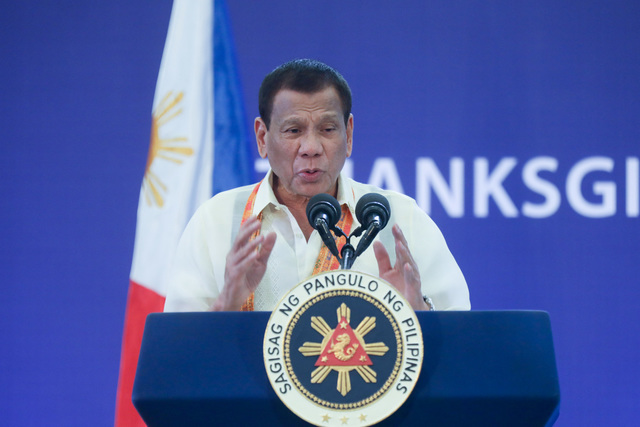It’s been about a week since our final projects were due for the Egypt GIP and now that I’ve had time to reflect about both the trip and the class, I’m even more excited to learn about the MENA region.

One of the biggest takeaways I had from the group’s consulting project with a local start-up was how important the personal element is of a professional relationship in Egypt. It wasn’t really until we met our fantastic start-up founder, Dalia, face-to-face that we really got the full grasp of the company’s current state and the information exchange flowing.
Learning more about Dalia was one of my favorite parts of the trip. Outside of the formal programming, she and I had some time to socialize together and get to know each other. In any early stage start-up, the company is usually very connected to the founder and the founder likewise is very personally invested in the company. Through getting to know her, I was able to understand more about what “keeps her up at night”, what excites/energizes her, and where she might need some extra support – even if she doesn’t admit it / bravely takes on so much herself!
The group project was a great personal challenge for me. We recognized that Dalia could really use a CFO at her company. Even though none of us had a financial background, we had all developed the necessary skills in our MBA to help. So, I volunteered to tackle the market sizing and financial forecasting elements. It was exciting to put some of the skills I’d come to CBS to develop into practice for a real company. This made me even more proud of the finished project than ones I’d done in other classes that turned out well, but were definitely more within the realm of my pre-MBA work life.

This trip was bittersweet as it was likely my last (of 4!) trips through the Chazen Institute. Since international business has always been an area of great interest to me, I did whatever I could to maximize the number of opportunities like these that I had while at CBS. Having now completed them, I have to admit that they formed some of the most memorable learning moments of my MBA experience and I will definitely be taking both the business and cultural lessons on with me after graduation. It is such a unique and special privilege we have as students to take a step out of our normal lives and get to walk in the shoes of our friends across the world in the business community, getting a snapshot into their lives.
Victoria Harman is a 2020 MBA Candidate at Columbia Business School.




































